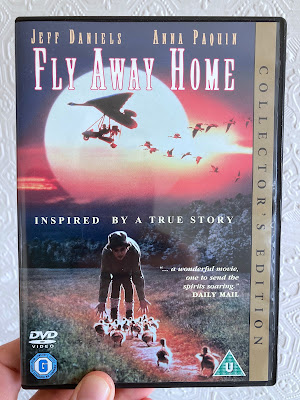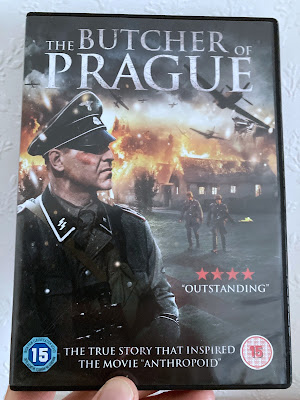Two hitmen (Brendan Gleeson and Colin Farrell) travel to Bruges to await instructions for their next job from their boss Harry (Ralph Fiennes). While passing the time as would-be tourists, they try to come to terms with who they are and what they do for a living – until a call from Harry changes everything.
It’s brilliantly written – a superb character study with some very funny lines. It’s also extremely sad, as we see the pair wrestling with their consciences and questioning whether they are entitled to strive for a better kind of life.
















